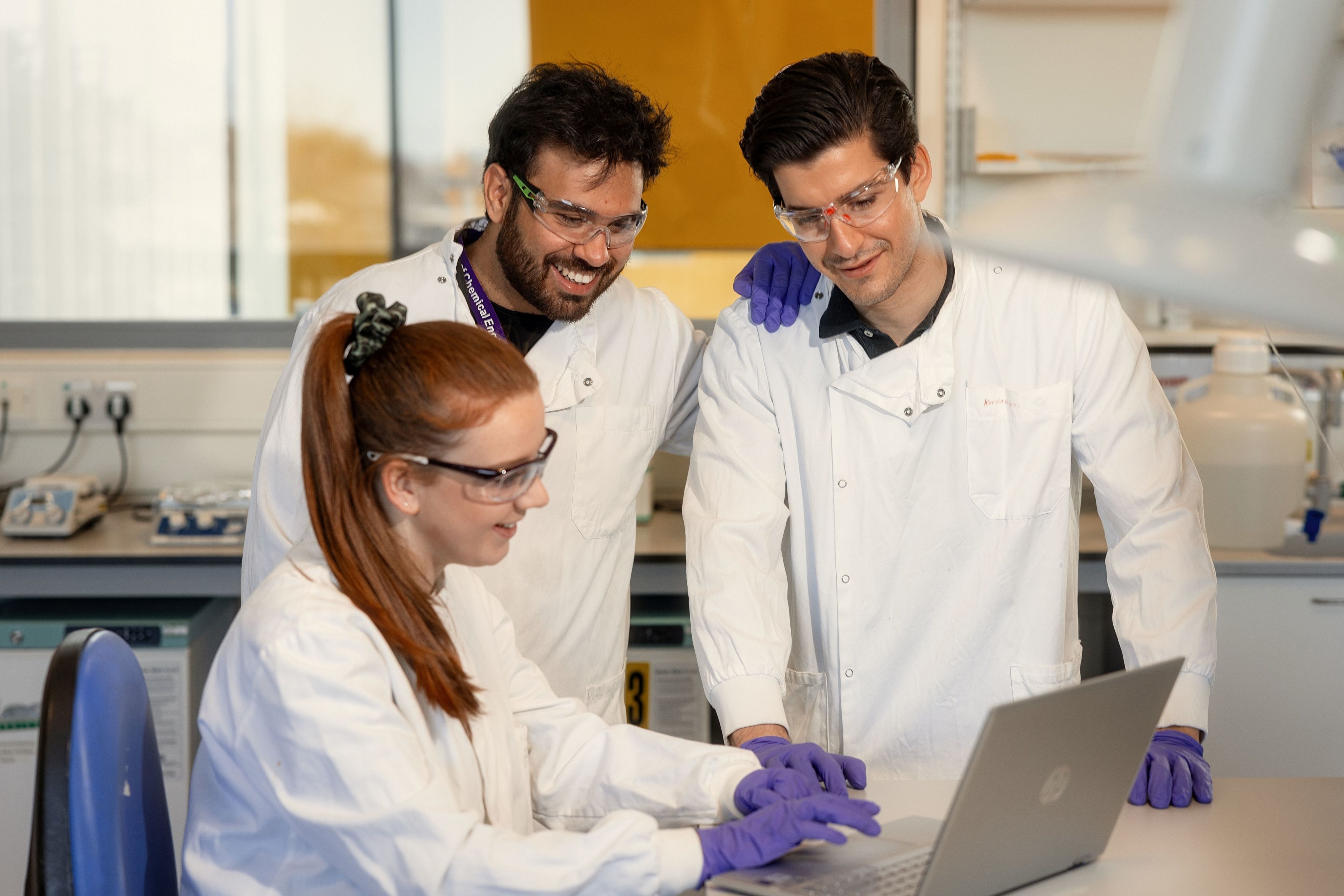Study with us
Explore our undergraduate course, taught postgraduate programmes, and research opportunities

Undergraduate study
BA/MEng in Chemical Engineering and Biotechnology
Our undergraduate course will teach you the scientific principles that underpin chemical engineering and biotechnology, and how these can be applied to solve real-world problems.
Master's courses
MPhil in Advanced Chemical Engineering
Develop your skills in advanced aspects of the discipline, as well as essential areas of business and management, such as technology policy, economics, and sustainable processes.
MPhil in Biotechnology
This programme is tailored for those with a degree in engineering, physics, chemistry, maths or computer sciences, who want to apply their numerical and analytical skills in a biological context.
MRes in Sensors Technologies and Applications (standalone course)
A programme that will equip you with knowledge and hands‑on expertise across the complete sensor‑science value chain, delivered in collaboration with industry and the third sector.
MPhil by Research
One-year research degree that gives you the opportunity to develop expertise relevant to your area of interest.
Doctoral courses
PhD in Chemical Engineering
PhD in Biotechnology
Explore PhD opportunities in our research groups or in our EPSRC Centre for Doctoral Training (CDT) in Sensor Technologies and Applications in an Uncertain World.
EPSRC Sensor CDT in Technologies and Applications in an Uncertain World
A four-year interdisciplinary programme combining an MRes and PhD, with a strong focus on research, collaboration, and real-world impact in academia and industry.
Driven by curiosity. Driving change.
University quick links
UniofCam Microsoft Office 365
CamBridgeSens
CamCORS
CamSIS
Lookup Service
Moodle
Contact us
Department of Chemical Engineering and Biotechnology
Cambridge West
Philippa Fawcett Drive
Cambridge
CB3 0AS
Tel: +44 (0)1223 748999









